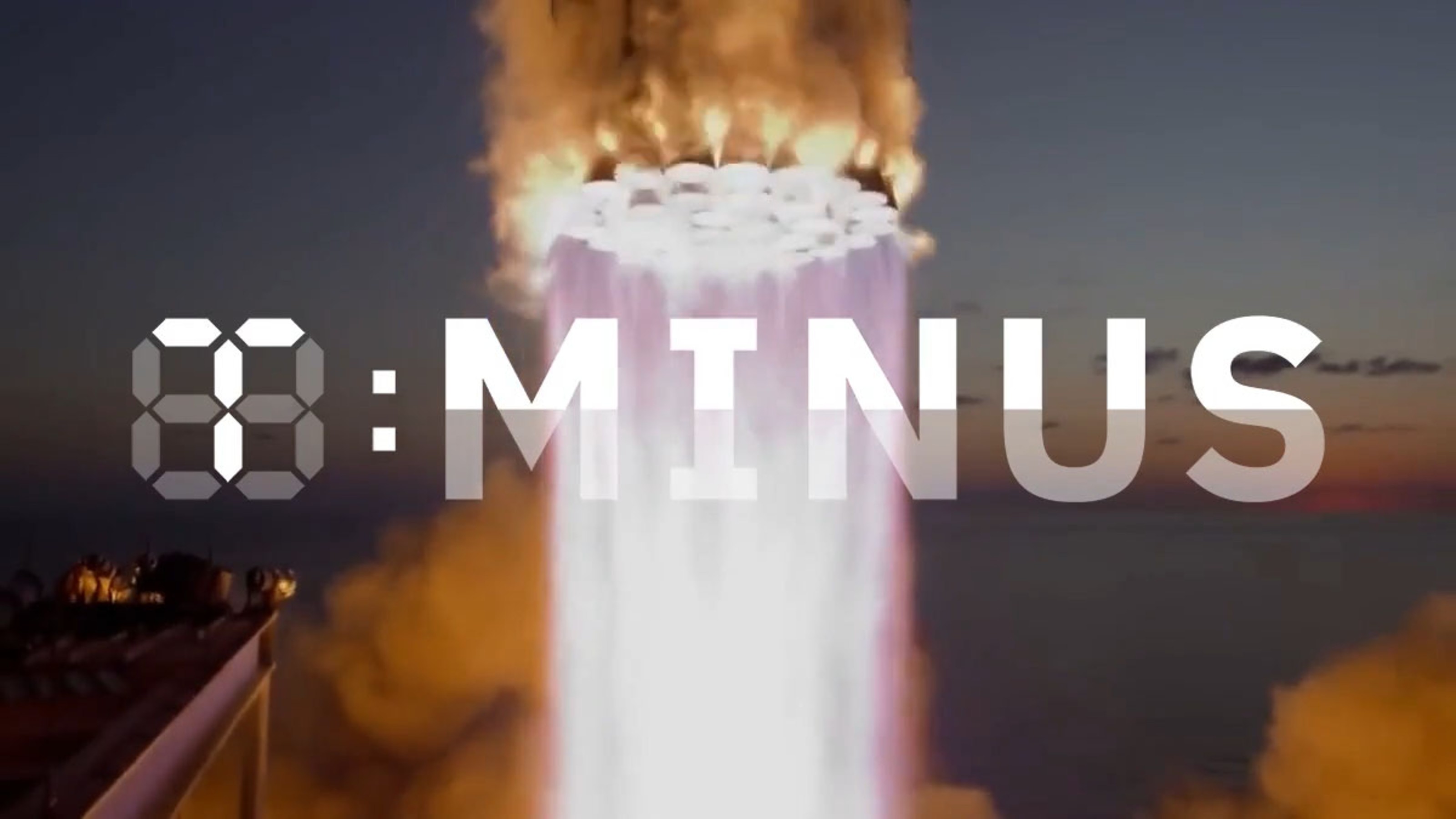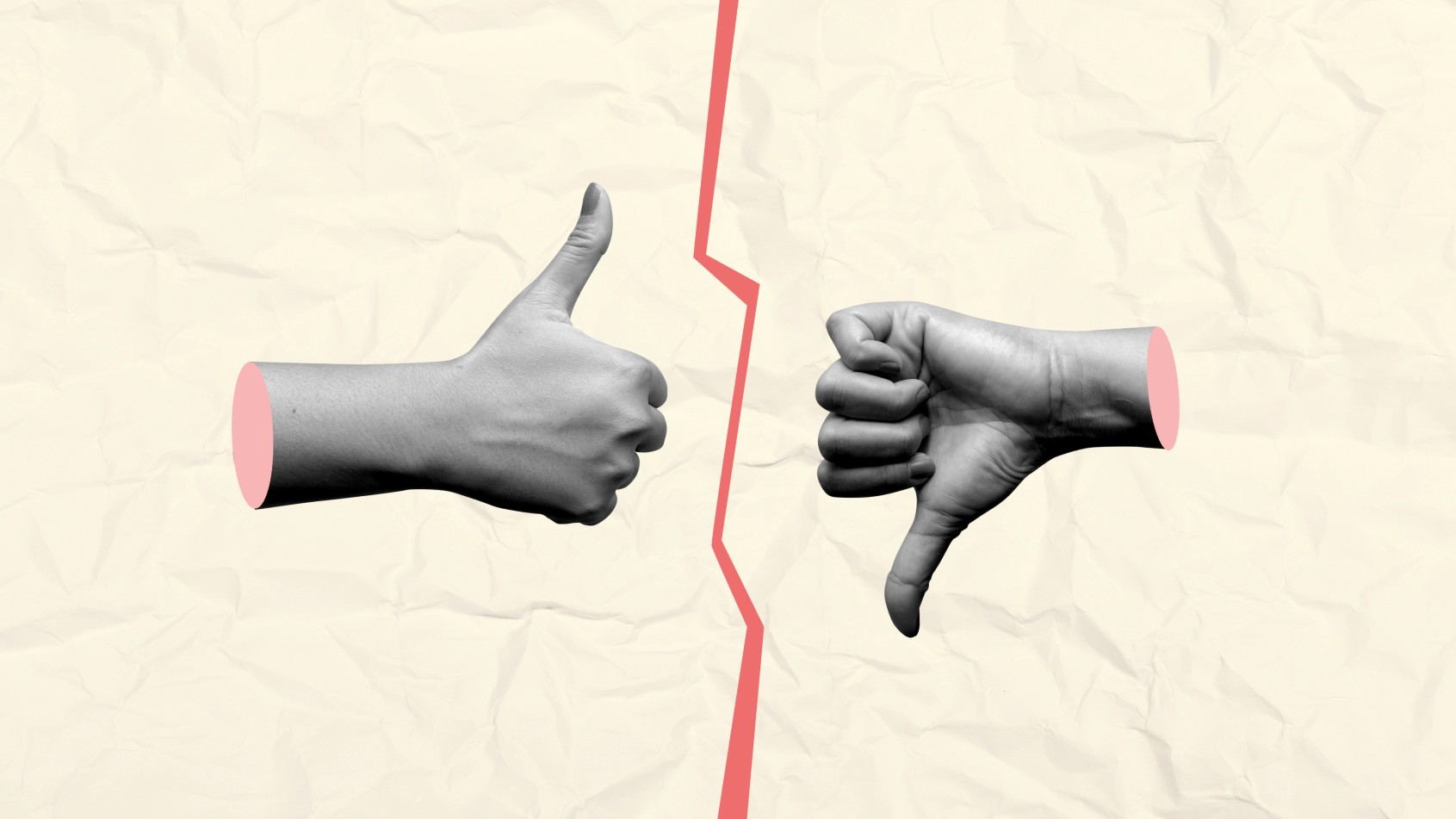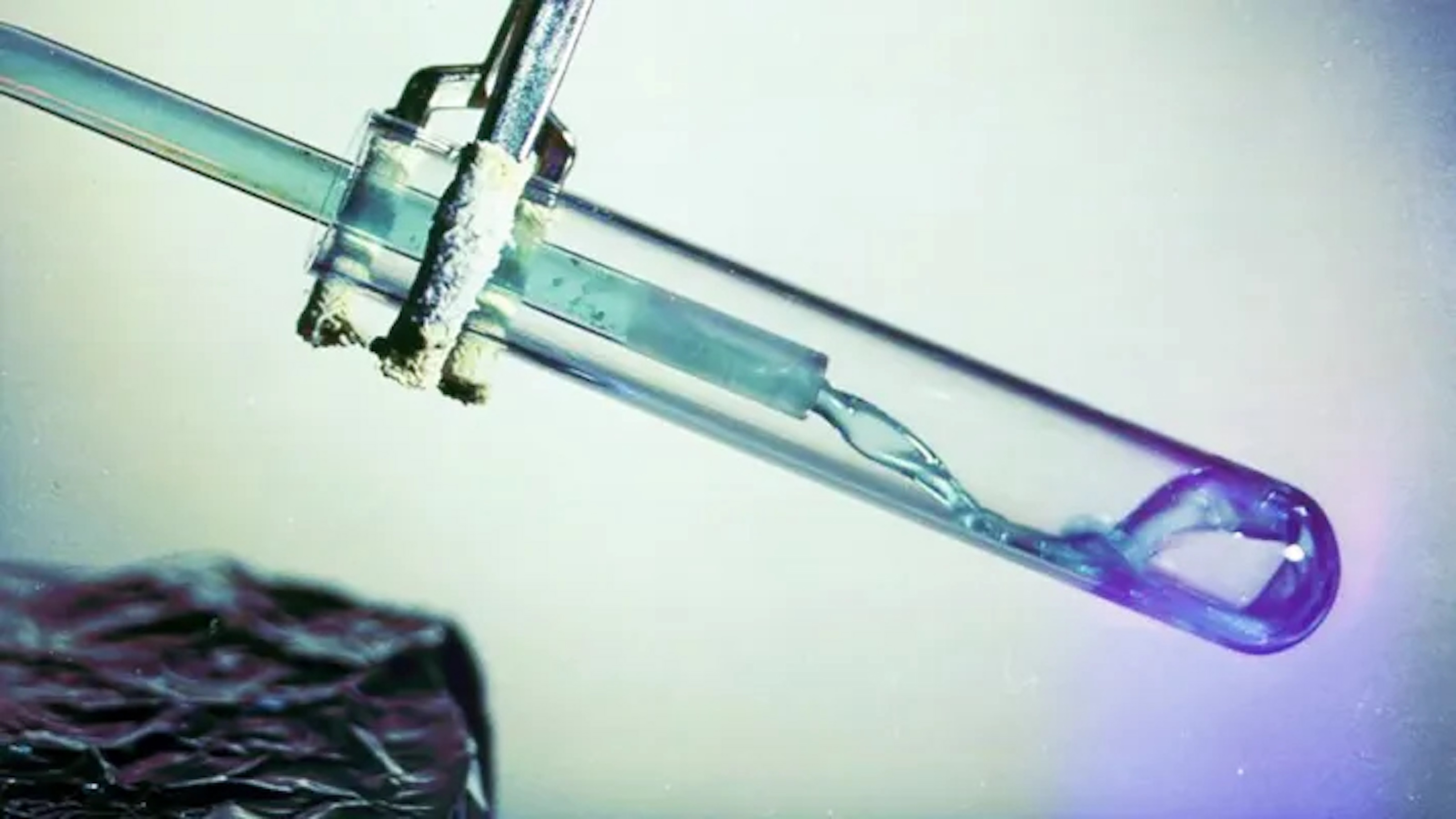The story of George Takei’s coming out is an epic unto itself. For most of his adult life, during which time homosexuality was considered a crime, he had to hide his true self to protect his career as an actor. When he broached the topic with Gene Roddenberry, creator of Star Trek, even the progressive Roddenberry balked, convinced that his show would be shut down if it featured a gay character. After decades of quiet humility, Takei broke his silence and spoke out when Arnold Schwarzenegger, then governor of California, vetoed a gay-marriage bill. While he fully expected his career to decline as a result, the opposite happened. You can catch his live-action show, Allegiance, currently running on Broadway.
George Takei: I was closeted for most of my life, my adult life. I wanted to be an actor, which alone, just that alone was, some people thought, a crazy aspiration to have because I am Asian and Asians, first of all, don't have many opportunities to get cast. Plus the fact that there were stereotypes that we were saddled with: Either the cold, heartless killer; the inscrutable person that's got something always going on in the back of his mind leading to suspicion that we could be spies; or the servile; the client obsequious; or the buffoon — all very unattractive stereotypes. So why I would go into acting was something that — well, I'm the black sheep of the family. My parents thought it was absolutely crazy, but they knew how passionate I was. And to get cast with, first, this ethnic barrier, hurdle for me to cross, I didn't want to add another one of being gay. Gay people were not cast, or if they were exposed as gay, their careers faded. I remember when I was a teenager there was a very good-looking, handsome actor named Tab Hunter who was a contract actor with Warner Bros. and almost every other movie coming from Warner Bros. starred Tab Hunter. He was the heartthrob of America until Confidential exposed him as being gay and eventually he disappeared. That was an object lesson for me. And so I was closeted. And my career was making progress and so I did everything to protect my career, which meant having my guard up all the time. Being careful about the pronouns I used. Denying a good portion of who I was. It was a very uncomfortable way to live, except that when you're doing it, it becomes a part of your normal existence. I lived that uncomfortable existence as what I thought was going to be my life.
I used to go to gay bars in Los Angeles back then and it was a wonderful place where that guard can come down. I could make friends as who I am and to really relax and enjoy friendship, camaraderie, and a wonderful evening or an afternoon. But one of the older people told me that periodically the police would raid gay bars and they would march the clients out, put them on a patty wagon, drive them to the police station, fingerprint them, photograph them, and their names would be put on a list. It was terrifying. Their lives could be destroyed. They could lose their jobs, perhaps their families. It was a horrible thing. And what were they doing? A criminal activity according to the law at that time. Being gay was criminalized. We were marched out, put into paddy wagons and registered. And I thought, "That's no different than what happened to me when I was a child." Because of this face, because we looked like the people that bombed Pearl Harbor, we were put into prison camps guarded over by soldiers with machine guns pointed down at us from sentry towers. It was the same thing, and I thought that was horrible; it was wrong, unjust, and yet that was the way we had to live, those few isolated moments when we could be ourselves. And then Stonewall happened when the people there resisted. They decided they had had enough. They're not going to take it anymore. And that was the galvanizing event and society began to change. And by the 21st century things were really starting to change. Massachusetts, the State Supreme Court of Massachusetts ruled that marriage equality was constitutional. So that was the first state. Two years later on the other coast in California, the people's representatives this time, through the legislative route, both houses of the California Legislature, the Assembly and the Senate passed the Marriage Equality Bill. All that bill needed was a signature of the governor to become the law of the state. It would have been two states bookending America with marriage equality. The governor at that time happen to be a movie star, Arnold Schwarzenegger. When he campaigned for that office he told the public, "I'm from Hollywood. I've worked with gays and lesbians; some of my best friends are gays and lesbians."
And persuaded by that, a couple of my gay friends did vote for him, yet when that bill landed on his desk he acted as the representative of his base, the right wing of the Republican Party, and he vetoed it. I was raging, but I had trained my body muscularly to hold in that rage. And that night Brad and I were watching the late night news and I saw all these young people pouring out onto Santa Monica Boulevard. venting their rage on Arnold Schwarzenegger. And we felt the same way. And it got us to thinking and talking and Brad and I discussed it. I was 68 years old by that time and I thought, "Well, I want my life to have some meaning. I want the time that I have left to do something about that aspect of who we are." And so I spoke to the press for the first time as a gay man and I blasted Arnold Schwarzenegger's veto. And what I thought of my career, I thought it was going to go on the downhill side; the opposite happened. It just blossomed and I've been working more since coming out than I'd been when I was closeted."






